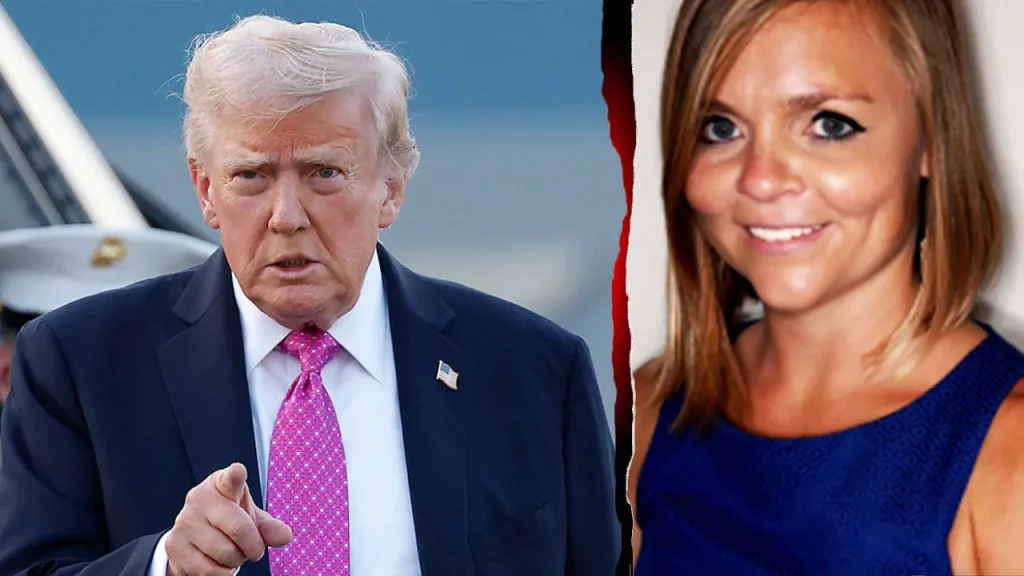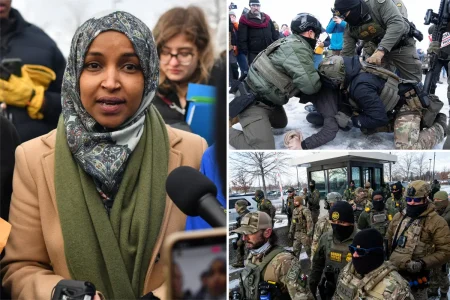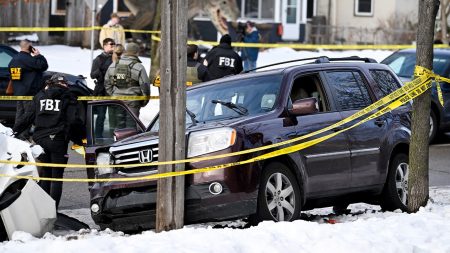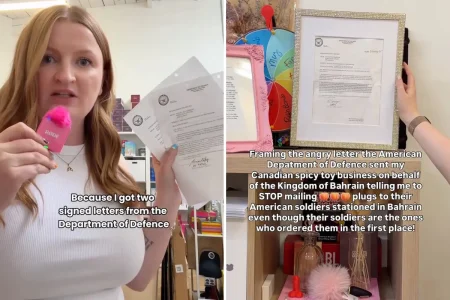University Professors Discuss Concerns About ICE and Trump Administration’s Demands
In a recent dialogue hosted on the American Association of University Professors (AAUP) YouTube channel, several academics shared their worries about potential changes to immigration enforcement and educational policies under the incoming Trump administration. The discussion, which took place in early November, revealed deep concerns about the intersection of immigration policy, academic freedom, and the future of diversity initiatives in higher education.
The conversation featured UCLA social sciences professor Caroline Luce, who expressed alarm regarding the Trump administration’s demands for the university to pay $1 billion to settle antisemitism claims. These demands include establishing a $172 million fund for alleged civil rights violations and requirements for information-sharing about visa holders and international students. “Conceding to these demands would be sacrificing the sanctity of higher education as we know it in this country,” Luce stated during the discussion. She suggested these demands might be part of broader efforts to reshape university policies, particularly regarding diversity, equity, and inclusion programs. The situation has created significant tension, as the administration has reportedly withheld $584 million in federal grants from UCLA pending resolution of these demands. This financial pressure puts the university in a difficult position, balancing compliance with what some professors view as governmental overreach into academic affairs.
The panel’s moderator, NYU professor Chenjerai Kumanyika, framed these financial demands as a form of “extortion” against the university. The discussion reflected concerns among some faculty that the incoming administration’s policies might impact both the operations of higher education institutions and the status of international students. Professor Aaron Krall from the University of Illinois Chicago contributed to the conversation by sharing information about community responses to Immigration and Customs Enforcement (ICE) operations in his city. He described collaborative efforts between his faculty union and local community organizations to develop “rapid response” systems when immigration enforcement actions occur. Krall mentioned the use of whistles as an alert system and spoke enthusiastically about community mobilization to observe and document immigration enforcement activities, though he was deliberately vague about specific tactics.
The professors’ statements revealed significant apprehensions about potential policy changes affecting higher education. Luce expressed concern that efforts to eliminate diversity, equity, and inclusion programs could lead to what she characterized as “re-segregation” of universities. While she didn’t elaborate on this claim during the discussion, it reflects anxiety among some educators about the future of diversity initiatives that have become integrated into many university policies and practices over recent years. A White House spokesperson later contested this characterization, telling Fox News Digital that the administration’s focus was on removing “divisive” DEI programs to “recenter the focus of education on merit,” describing the previous approach as one that “separated and pit students against each other on the basis of race.”
The conversation highlighted the tension between competing visions for American higher education. On one hand, the professors emphasized protecting what they see as essential values of academic freedom, diversity, and protection for vulnerable student populations, including international students. On the other hand, the administration has characterized its approach as promoting “academic excellence” and “merit” while moving away from policies it views as divisive. This fundamental disagreement about the purpose and direction of higher education institutions reflects broader societal debates about the role of universities in addressing social inequities versus focusing primarily on traditional academic achievement.
The discussion among these professors offers a window into how some members of academia are preparing for anticipated policy shifts under the incoming administration. Whether organizing community responses to immigration enforcement or raising concerns about diversity initiatives, these educators appear to be mobilizing to protect what they view as core educational values. While their perspectives represent one side of a complex political debate, the conversation highlights the real tensions that exist as universities navigate changing political landscapes while attempting to fulfill their educational missions. As these policies continue to evolve, institutions of higher learning will likely remain at the center of important national conversations about immigration, diversity, and the fundamental purpose of education in American society.











